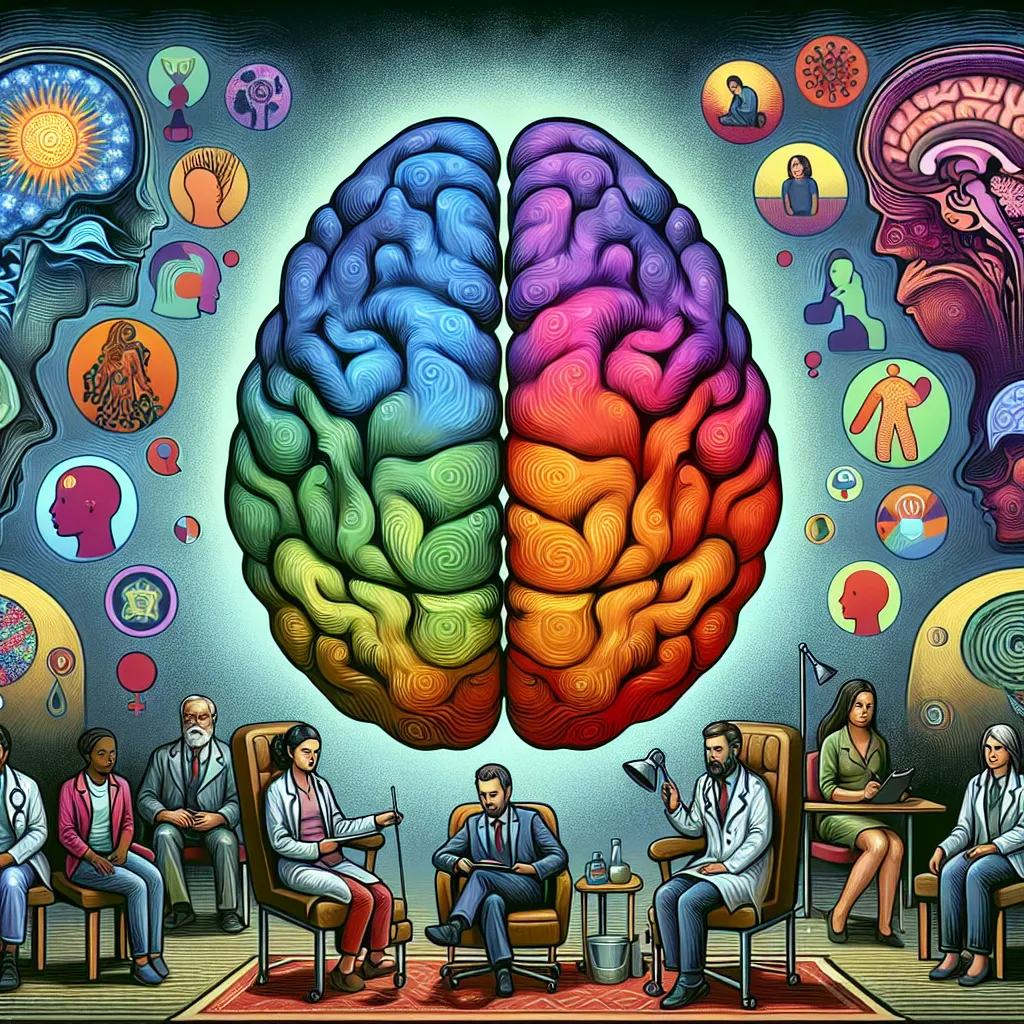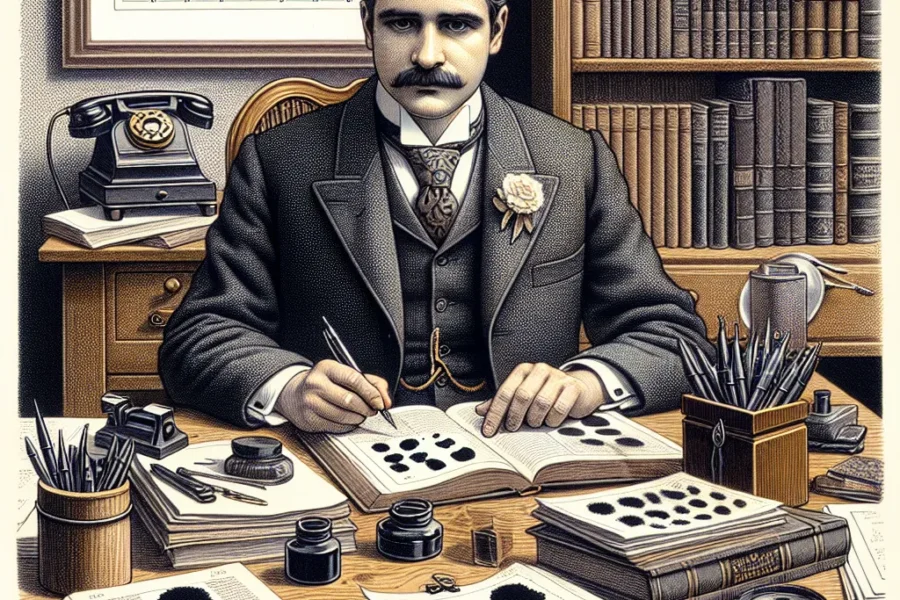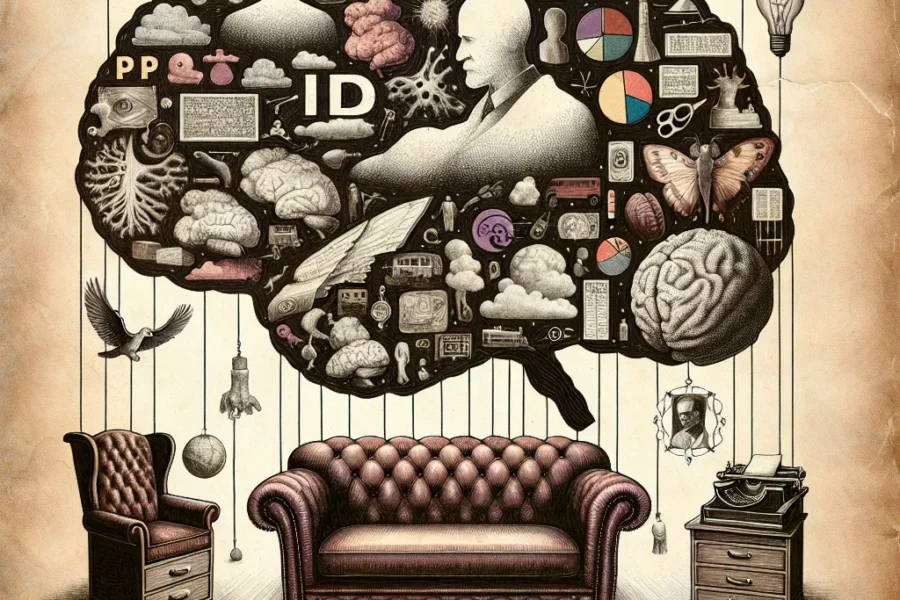The Ongoing Relevance of Psychodynamic Theory in Psychology
Psychodynamic theory, one of the oldest models in the field of psychology, continues to exert a significant influence on modern psychological thought and practice. Originating with the pioneering work of Sigmund Freud in the late 19th and early 20th centuries, psychodynamic theory offers a rich, complex understanding of human behavior, emotions, and the mind. Despite being over a century old, this theory maintains its relevance today by providing insights into personality development, the impact of the unconscious, and the therapeutic potential of psychoanalysis and psychodynamic psychotherapy.
At the heart of psychodynamic theory lies the concept of the unconscious mind, which functions as a repository for repressed thoughts, feelings, and memories that are too painful or difficult for the conscious mind to process. According to Freud, these unconscious elements exert a powerful influence on our behavior and can lead to psychological distress if not properly addressed. This concept has evolved over time and remains crucial in contemporary psychology, particularly in understanding phenomena such as defense mechanisms, transference, and countertransference.
One of the key reasons for the continued relevance of psychodynamic theory is its comprehensive approach to exploring the human psyche. By considering the interplay between unconscious processes, early life experiences, and internal conflicts, psychodynamic practitioners gain a deep understanding of an individual’s emotional life and behavior. This holistic view does not reduce psychological phenomena to mere symptoms but rather sees them as expressions of a person’s unique history and inner world.
The developmental perspective of psychodynamic theory is another aspect that secures its ongoing importance. The theory suggests that early childhood experiences have a profound and lasting impact on personality development and mental health. Attachment theory, for instance, stems from psychodynamic principles and has been extensively researched and validated. It explains how the quality of early relationships with caregivers can shape an individual’s capacity to form secure relationships in adulthood.
In the therapeutic realm, psychodynamic psychotherapy remains a widely practiced and respected treatment modality. This type of therapy delves into an individual’s past to uncover the roots of their current difficulties, fostering self-awareness and personal growth. It emphasizes the therapeutic relationship as a vehicle for healing, enabling people to work through unresolved conflicts and improve their mental well-being. Multiple studies demonstrate the effectiveness of psychodynamic therapy for a range of psychological disorders, ensuring its place in modern clinical practice.
Moreover, psychodynamic theory has influenced other areas of psychology and related fields. For example, it has enriched our understanding of human motivation, creativity, and even group dynamics. Organizational psychology has applied psychodynamic concepts to explore leadership styles, company culture, and the impact of unconscious processes on decision-making within organizations.
Critics of psychodynamic theory argue that it lacks empirical support and is too focused on childhood experiences. However, contemporary psychodynamic theorists and researchers have responded by integrating empirical research methods to study and validate the effectiveness of psychodynamic principles. Neuroscientific studies have begun to provide a biological basis for the psychodynamic concept of the unconscious mind, supporting the theory’s propositions about memory, emotion, and unconscious processing.
Furthermore, recent advances in attachment research, trauma studies, and the exploration of personality disorders have contributed to a resurgence of interest in psychodynamic concepts. For instance, the understanding and treatment of complex trauma and post-traumatic stress disorder (PTSD) have benefited enormously from psychodynamic insights into repression, dissociation, and the repetition compulsion.
Education and training programs in psychology also reflect the ongoing relevance of psychodynamic theory. Many clinical psychology and counseling programs incorporate psychodynamic principles into their curricula, ensuring that new generations of therapists are well-versed in the theory’s concepts and techniques. The theory’s adaptability to different cultural contexts also adds to its enduring value, as it can be tailored to address the diverse psychological needs of individuals from various backgrounds.
Another testament to the resilience of psychodynamic theory is its integration with other therapeutic approaches. Cognitive-behavioral therapists, for example, have recognized the importance of exploring the influence of past experiences on present behavior and have incorporated psychodynamic elements into their practice. This confluence of theoretical frameworks enriches the therapeutic process and broadens the scope of treatment options available to clients.
Psychodynamic theory has also made inroads into popular culture, shaping conversations about mental health, personality, and human behavior. Terms like “Freudian slip,” “defense mechanisms,” and “projection” have entered everyday language, demonstrating the theory’s profound influence on the way people think about and discuss psychological phenomena.
Despite these strengths, it is essential to note that psychodynamic theory is not without its challenges. In an era where quick fixes and short-term therapies are in high demand, the extensive and in-depth nature of psychodynamic therapy can seem daunting to some. However, proponents of the theory maintain that the depth of exploration and long-term benefits of psychodynamic therapy are unmatched, addressing not only the symptoms but the root causes of psychological distress.
In conclusion, the ongoing relevance of psychodynamic theory in psychology is undeniable. It provides a valuable framework for understanding the complexities of human behavior, the influences of the past on the present, and the intricacies of the therapeutic process. As research continues to evolve and validate its principles, and as therapists integrate psychodynamic insights into their practice, the theory will undoubtedly remain a cornerstone in the field of psychology. Its enduring influence is a testament to the theory’s depth, resilience, and capacity to adapt to the changing landscape of psychological science and practice.



Leave a Comment